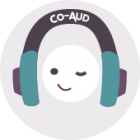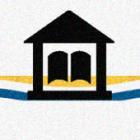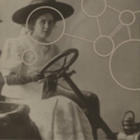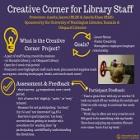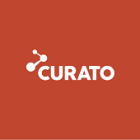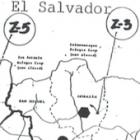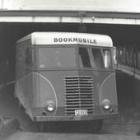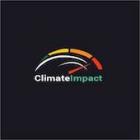
ClimateImpact
Today, indigenous communities in the Pacific Northwest are already experiencing the effects of climate change because their livelihood, customs and traditions are deeply tied to their environment. However, current climate change planning tools are designed for and by users with scientific backgrounds and are generally hard to scale in way that maximizes their potential impact. In collaboration with the CTERRA group from the School of Environmental and Forest Sciences and students from Chief Kitsap Academy in Poulsbo, WA our team created a proof of concept application to address this information gap. ClimateImpact is a mobile and web application which includes a carbon accounting tool, visualization of environmental data, and encourages sustainable activities to users. In addition to bringing together quantitative data from various sources, our tool also places emphasis on the values and traditions of native communities in relation to environmental sustainability.

